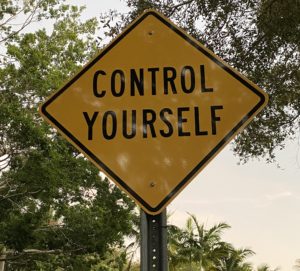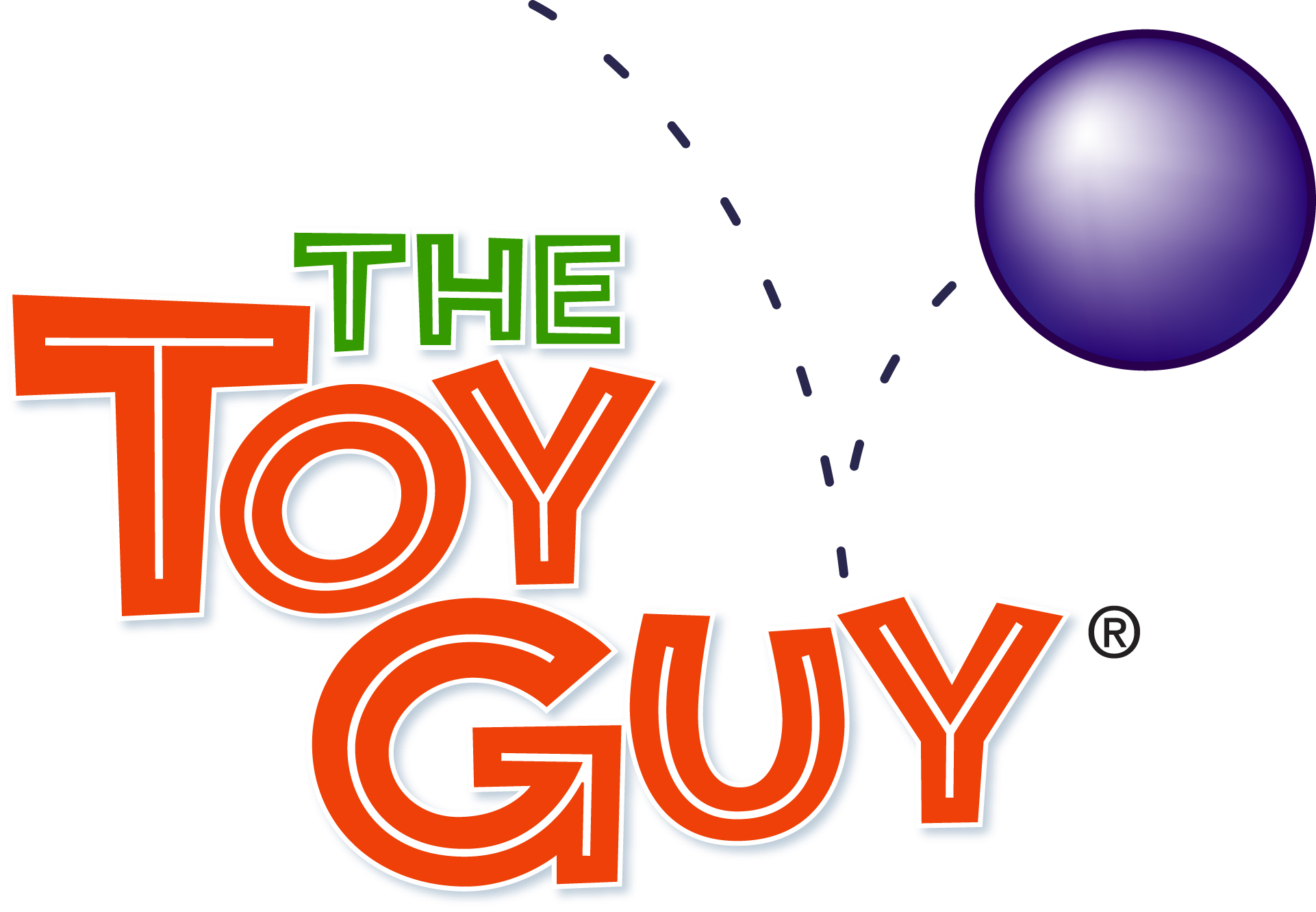Most of us can remember many things from our childhoods. We can recall happy times, sad times, best friends, vacations, games, school, and myriad events that filled our days and helped us become who we are today.
Though we can remember, we cannot re-experience. Our cognitive and neurological development make it physically impossible to return to those experiences and see them as our young selves did. We are simply not the same creatures that we were, in any respects. Even our cells have been replaced every seven-to-ten years. In a very literal way, we are not the same people we were as kids.
While the parallel is not exact, what we are experiencing through the Covid-19 crisis, may be as close as we will ever get to understanding the world as a child. Those of us who are safe, healthy and have enough to eat, are indeed the fortunate ones, and we must never lose sight of that or fail to be grateful. No matter how each of us are experiencing this individually, it’s safe to say that virtually none of us has been through anything like this before.
That’s where we are more like children. As we mature, we are able to cope with challenges and confront  crises in a “grown up way” because we have experience and a frame of reference to fall back on. Even if the precise details of a situation are somewhat different, we still have experience we can draw on. A teenager’s first romantic breakup, for example, can be intense. Later ones will still hurt, but perhaps not in the same way. I hear from people who visit New York for the first time, and they can’t sleep because the city is too noisy. I sleep like a rock because over the decades my brain has learned to filter out sounds that I don’t need to register for my safety. That siren? It’s heading up Madison Avenue, so I can stay asleep: my building isn’t the one on fire.
crises in a “grown up way” because we have experience and a frame of reference to fall back on. Even if the precise details of a situation are somewhat different, we still have experience we can draw on. A teenager’s first romantic breakup, for example, can be intense. Later ones will still hurt, but perhaps not in the same way. I hear from people who visit New York for the first time, and they can’t sleep because the city is too noisy. I sleep like a rock because over the decades my brain has learned to filter out sounds that I don’t need to register for my safety. That siren? It’s heading up Madison Avenue, so I can stay asleep: my building isn’t the one on fire.
In dealing with—and responding to—Covid-19, we have no such internalized learning to draw on. Every day is new, and the experiences of today may inform tomorrow, but our brains don’t know that in the present.
That antsy feeling you’ve got and that restlessness in your muscles? That’s your body telling you it needs to move. We are not designed to be sedentary creatures. If you can’t move, those build up and you experience stress, and it makes it hard to concentrate. Now think of the second grader who doesn’t have recess and is required to sit still and pay attention all day. Children need more movement than adults, so no wonder they’re fidgety. It’s not that they’re behavior problems; they are physical beings that need to move. (It’s one of the reasons I’ve been so happy to see progressive elementary schools do away with the formal desk arrangements and build levels of kinesthetic experience into the curricula.)
Did you just snap at your partner for burning the toast, or any other trivial matter, when normally you would know better? Your brain just short-circuited and piled all sorts of unrelated stress or upset onto the singed 7-grain because your body needs to release it. That’s what a child’s tantrum is—all kinds of synapses firing at once without the governor of experience to properly contextualize it. In such a situation, no wonder you explode and lash out. It’s the same if you are having intense responses to political news. I’m not saying you’re not justified in your points of view, but don’t be shocked at over-the-top reactions when everything feels out of control.
Are you more tired than usual? No surprise there. Your brain is working over time to try to synthesize, contextualize and, basically store, all the new and often conflicting information that is coming in. It’s exhausting. No wonder your teenager sleeps so much. In addition to all the hormonal changes going on, there are the social and intellectual challenges going on at this time of life that demand more rest than an adult would get.
The constructivists like Piaget had a term for this: disequilibration. Simply, the theory says that when new experience or information is out of synch with a child’s other knowledge, or schema (though schema is actually a bit more complex), the child either assimilates the new information into what is already known, or the child must accommodate that new information, that is shift what has been previously known (schema) to make room for the new information. Piaget’s work theorized that this is the basis for all learning—adding, building new frames of reference, and changing to admit new information. Piaget also recognized that while equilibration was comforting felt secure and reinforcing, disequilibration was upsetting, and the natural reactions included fear, insecurity and a lack of confidence. Those feelings are natural and necessary as integrating them allows our schema adapt. It is the ultimate in trial and error. In the process of education, much of this happens fairly quickly and increasingly automatically, so the majority of children don’t live in a constantly aroused emotional state. The challenge in what is happening with Covid-19 is that we are all—children and adults alike—in a fairly constant state of disequilibration, and we don’t like it.
In fact, we don’t like it so much that in seeking equilibration we may throw tantrums, act out or otherwise do things that may hurt us. Depending on our individual personalities, these may be unusual behaviors. For most children, parents, teachers or caregivers can provide a brake on potentially damaging reactions. These are essential figures in a child’s life; drawing on their experience and authority, they can protect children until such time as the child’s schema adapt. What happens when a lack of “parental guidance” conflicts with adult willfulness and agency? I think we’re seeing some of that play out right now in our world.
 Today, I am aware that I have the privilege of being able to spend a good deal of time thinking about the potential silver linings out of this global crisis. Let’s start with the idea that if we really do—or can—get an inkling of what a child’s experience is that we will be more understanding of that and how we can help.
Today, I am aware that I have the privilege of being able to spend a good deal of time thinking about the potential silver linings out of this global crisis. Let’s start with the idea that if we really do—or can—get an inkling of what a child’s experience is that we will be more understanding of that and how we can help.
The most important lesson, though, for us is to embrace process rather than results. So much of our culture is based on results from test scores to social media presence. Yet it is the process that allows us to become ourselves, to reveal truths and insights. The process of going from disequilbration to equilibration, from novice to master is what living is about.
If your child is pushing back about trying something new, that’s a natural response of development. That fear and lack of confidence is completely normal. Yet, it is only through practice and diligence that we learn. It is how accommodation evolves into assimilation, and each new experience builds on the previous one. Giving kids permission to fail as a path to mastery is imperative, particularly as we encourage them to keep going and let them know that the effort is what counts and they’re not alone. Covid-19 is teaching us that we must move along to the best of our abilities because this is uncharted territory. I sincerely hope that the world will never go through something like this again, but if it does, we will potentially have learned through this process.
At the school I went to, there was a plaque in the front hall that had a quote from Grantland Rice. We had to pass it every day as we went to class:
When the one great scorer comes to write against your name,
He writes not that you won or lost, but how you played the game.
We can give kids—and ourselves—no greater gift than enabling process as a value and a way of living that is rich and fulfilling. When results are never guaranteed, and a virus can upend the world, process is a path to survival.

